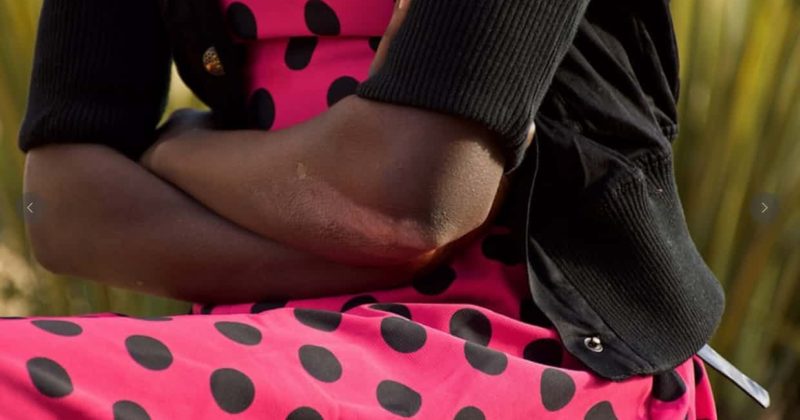
Texas fetal tissue burial law trial begins in U.S. federal court
The federal court hearing of a Texas abortion law began this week. The state claims that the law, which requires the burial or cremation of fetal remains following an abortion or miscarriage, ensures that dignified disposal of fetal remains. Abortion providers and reproductive rights activists, however, argue that the legislation is unnecessary and places an undue burden on patients and clinics alike. Courts have blocked similar laws on fetal tissue disposal in Arkansas, Louisiana, and Indiana. The trial is expected to conclude on Friday....









